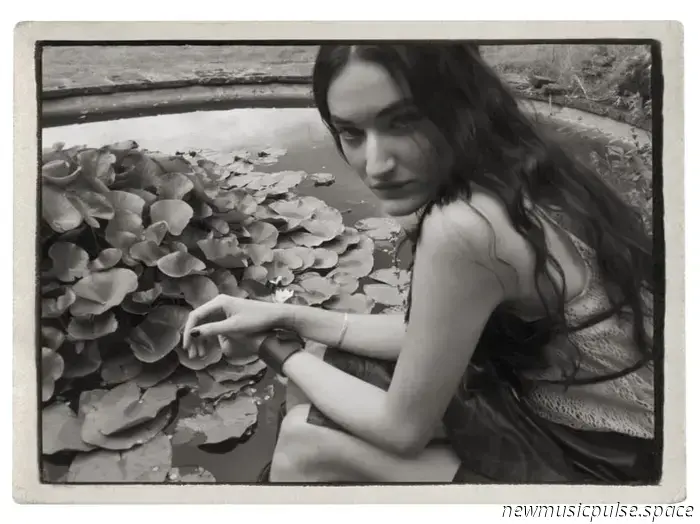
Providing vivid imagery of the societal struggle between moral contrasts, London-based Etta Marcus uses her voice and platform to confront misogyny and chauvinism, while also shining a light on the more joyful aspects of life. Although she initially entered the scene promoting “sad girl” music—a label she is eager to move away from—she has now chosen to fully embrace the sounds of 90’s rock.
With her second extended play, *devour*, set to be released at the end of the month, CLASH spoke with Marcus about the contrasting narratives in her work, her embrace of gothic whimsy, and her cinematic inspirations.
—
—
At its core, your songs like ‘View from the Bridge’ and ‘Smile For The Camera’ balance melodic pop while echoing artists such as Angel Olsen and Alexandra Saviour. Are there specific artists you consider as references or sources of inspiration for the sound you've crafted?
There are the well-known ones like Jeff Buckley, Mazzy Star, and more contemporary influences—I grew up listening to Lana Del Rey and Lorde, but I’ve always had a fascination with the 90s and early 2000s. I also grew up around a lot of jazz: Sarah Vaughan, Ella Fitzgerald, and my first real jazz experience was Chet Baker because my parents played him often. As I age, I realize how much that shapes my melody decisions.
Your recent tracks—‘Teenage Messiah’ and ‘Girls That Play’—showcase a denser, more pop-infused style. What prompted this shift?
It felt like a natural evolution. I always sensed I was exploring deeper themes in my music, so I decided to fully dive into that. In recent years, I've been listening to more shoegaze and became really into My Bloody Valentine, which influenced my sound significantly over the past two years, alongside the heavier 90s female artists like PJ Harvey and Alanis Morissette with their brilliant songwriting.
I just hadn’t felt secure enough to make that leap.
What inspired your newfound confidence to take that leap?
I think it was the subjects I was tackling—realizing I was diving into heavier themes and feeling more reactive as a songwriter. I was addressing complex issues, like politics; it dawned on me that women from that era did the same, confronting relationship topics boldly.
You’ve been tagged as a “sad girl” musician—something you’ve sought to distance yourself from. Could you elaborate on why?
It’s a simplistic and lazy label to apply to anyone’s music. It dismisses and trivializes everything about the artist's story, background, and experiences. “Sad girl” fails to provide depth about their upbringing, writing inspiration, experiences, and influences—it’s uninteresting when we could reveal so much more!
It’s an easy label to put on a playlist, yet I’ve never seen a “sad boy” playlist.
Are there any self-descriptions you’re comfortable with, or do you generally resist labeling?
I'm more inclined to adopt the “don’t label me” mentality because I tend to feel constricted by categorization. If someone calls me something specific, I immediately think, “Oh my God, is that all I am? I need to be more.” I’m just focused on creating, and whatever comes out of that is what it is.
Your EP *devour* will be released at the end of the month—what can you share about it?
It consists of five songs addressing a variety of themes. I chose the name *devour* because it resonates with every song—whether it's about consuming or being consumed.
I’m navigating new relationships and expressing frustrations—especially those beyond your control—where it feels like the world is devouring you, yet at the same time, you can also embrace something, like a new relationship. It’s a strange balancing act. While “violent” may not be the right word, it does feel intense; you can devour romantically, while simultaneously feeling like the world is consuming you like a sacrificial lamb.
The cover art depicts me in a pool of blood, which may seem violent but holds a sense of romance—it’s both fierce and somewhat appealing.
So far, you’ve released ‘Teenage Messiah’ and ‘Girls Are God’s Machines’. Why did you choose to launch these two tracks first?
‘Girls Are God’s Machines’ represents the most significant deviation from my earlier music and is likely the most surprising, so I wanted to open with that to capture attention. ‘Teenage Messiah’ connects back to what people expect from me and will always be part of my core. I released it for its meaningful message—it’s the most nuanced track of the EP and feels the largest in scope. Together, these tracks provide insight into what the EP will feel like.
Why wasn’t ‘Wolf River’ included on the EP?
I had a challenging year filled with personal events that hinder
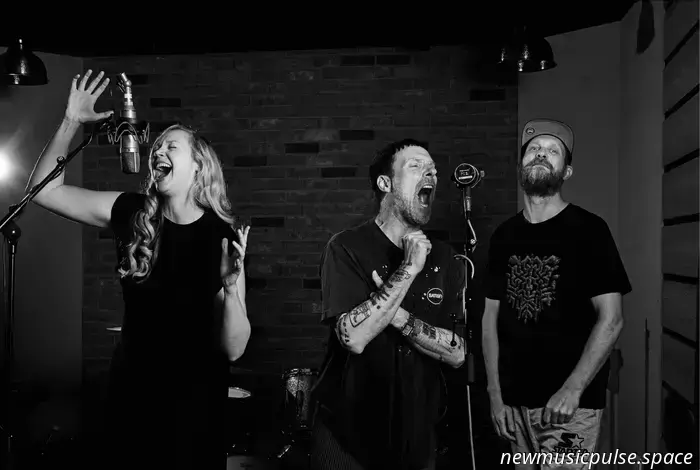
Sleaford Mods have launched a Hallowe'en reimagining of their music video for ‘The Good Life’, starring Game of Thrones actress Gwendoline Christie.
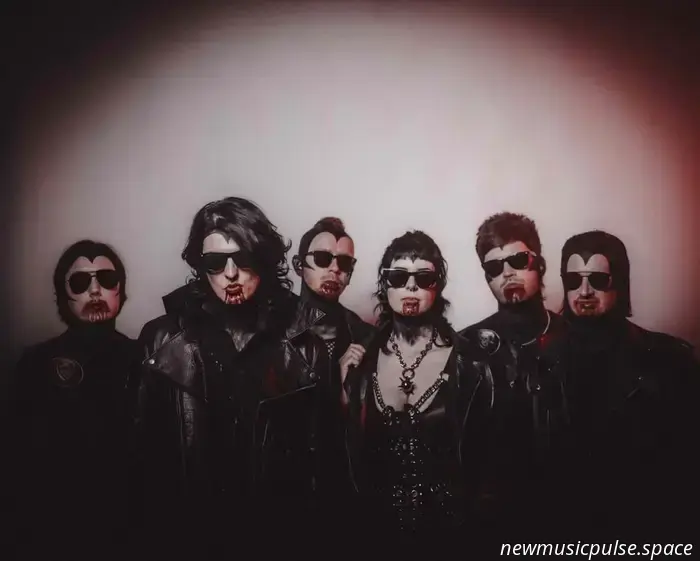
“Rock music is a lustful vampire, and this evening, it is indulging in you.” This is what goth icon Patricia Morrison declares in her narration for ‘A Shadow Stirs’, the
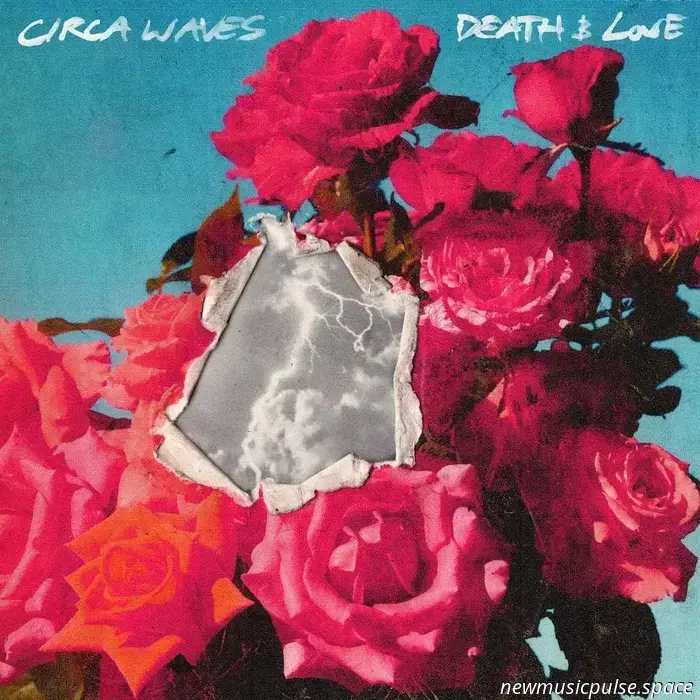
Regardless of what challenges life presents, be it love, loss, heartbreak, or death, you can count on Circa Waves to consistently deliver indie-rock tracks.
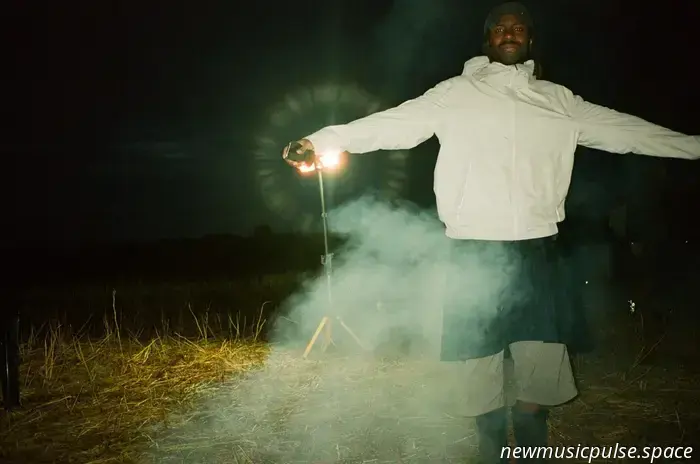
Earlier this year, Dev Hynes, under the name Blood Orange, launched his fifth studio album, ‘Essex Honey’ – a heartfelt tribute to his mother, as well as to the urban landscape and
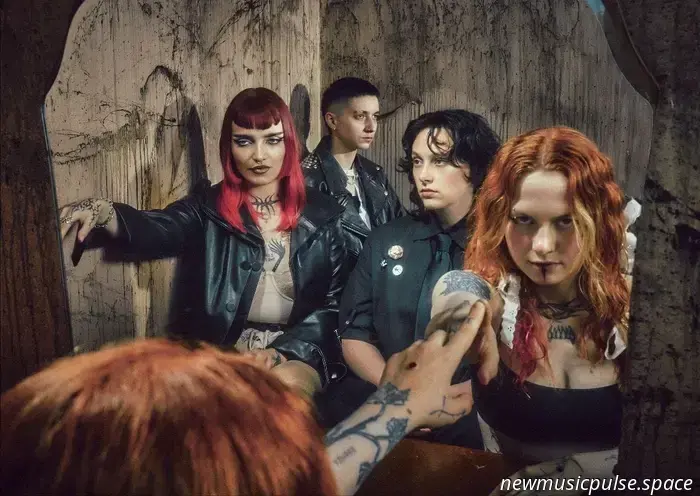
Their Library: Witch Illness
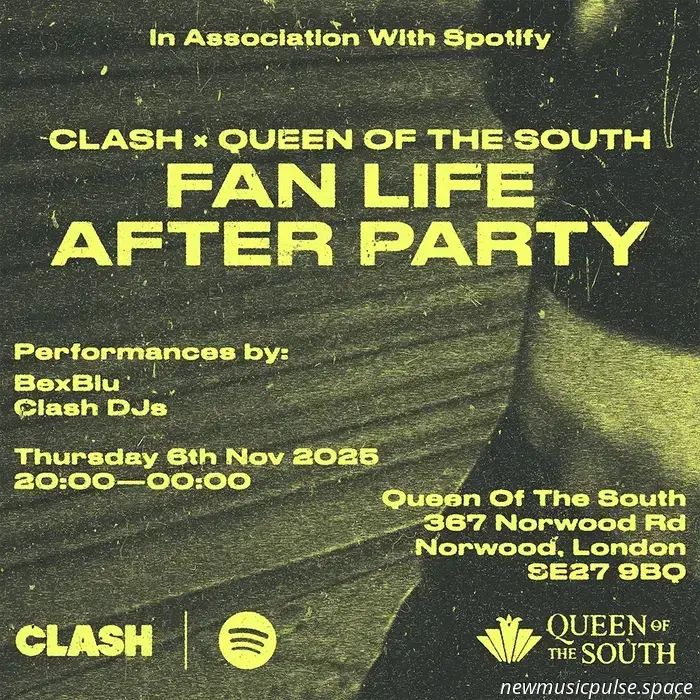
This Thursday, November 6th, we will be welcoming BexBlu to Queen Of The South for a unique DJ set in honor of the launch of Clash x Spotify's 'Fan Life.'
Providing vivid imagery of the societal conflict between moral contrasts, London-based Etta Marcus employs her voice and platform to tackle